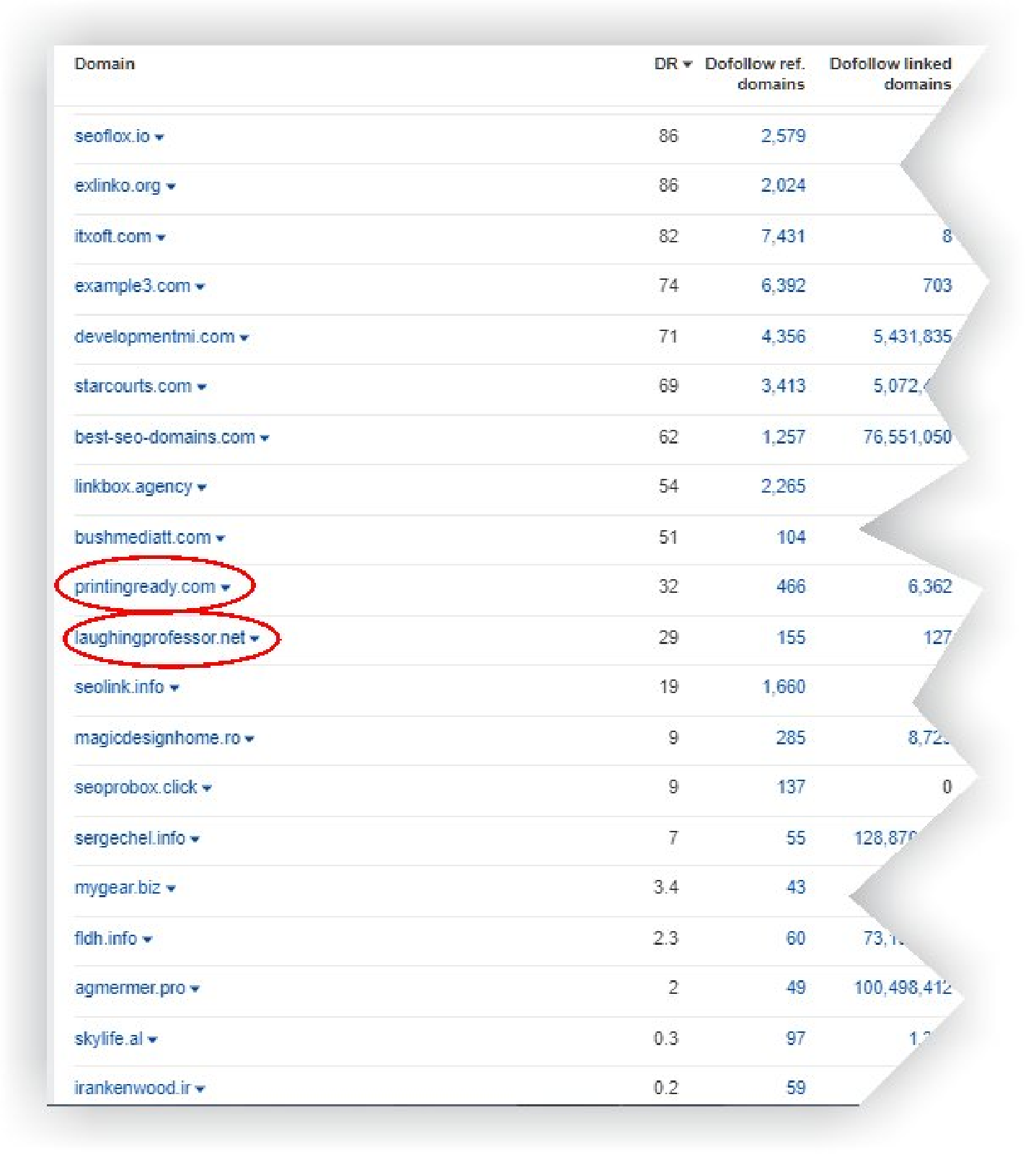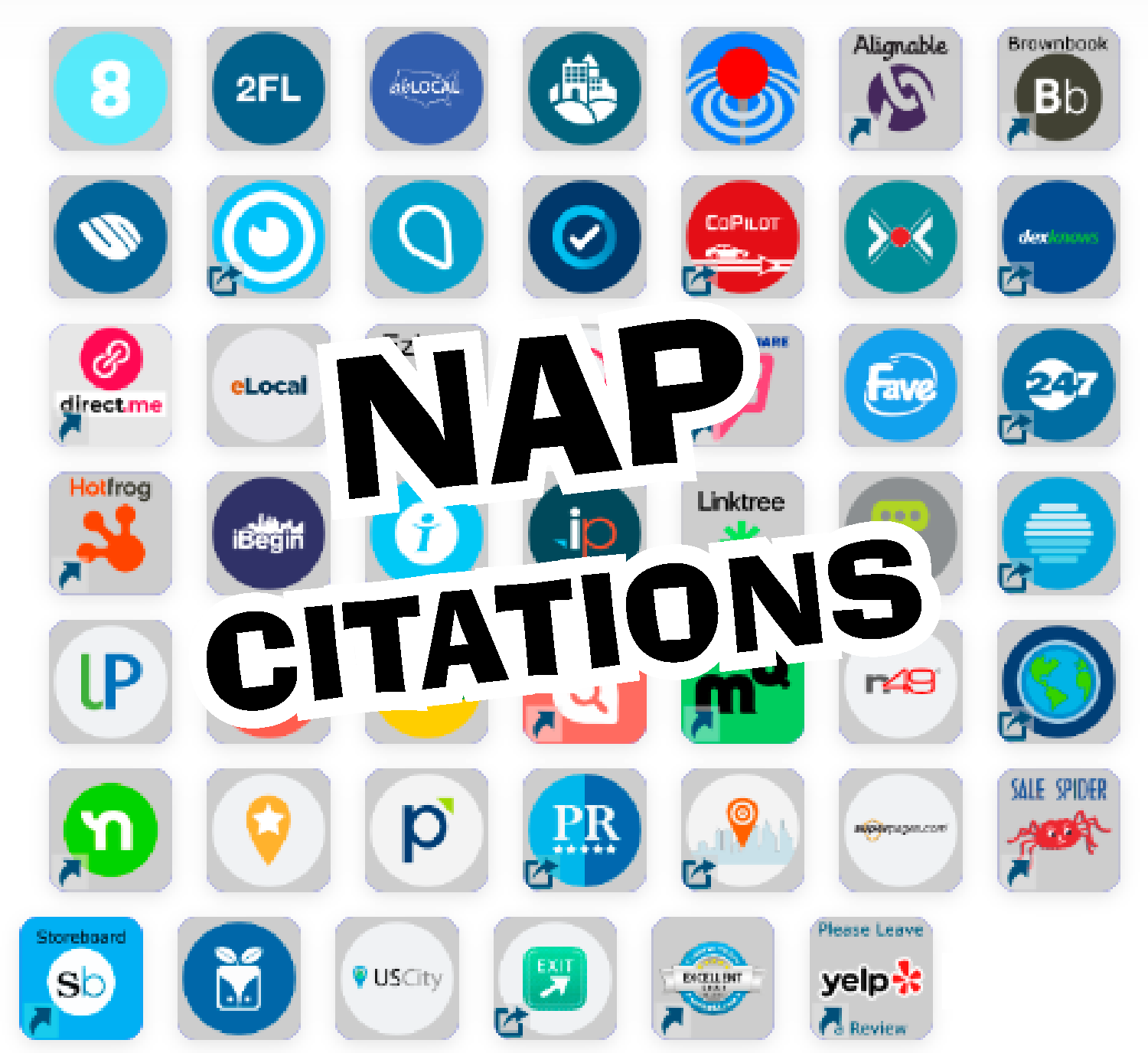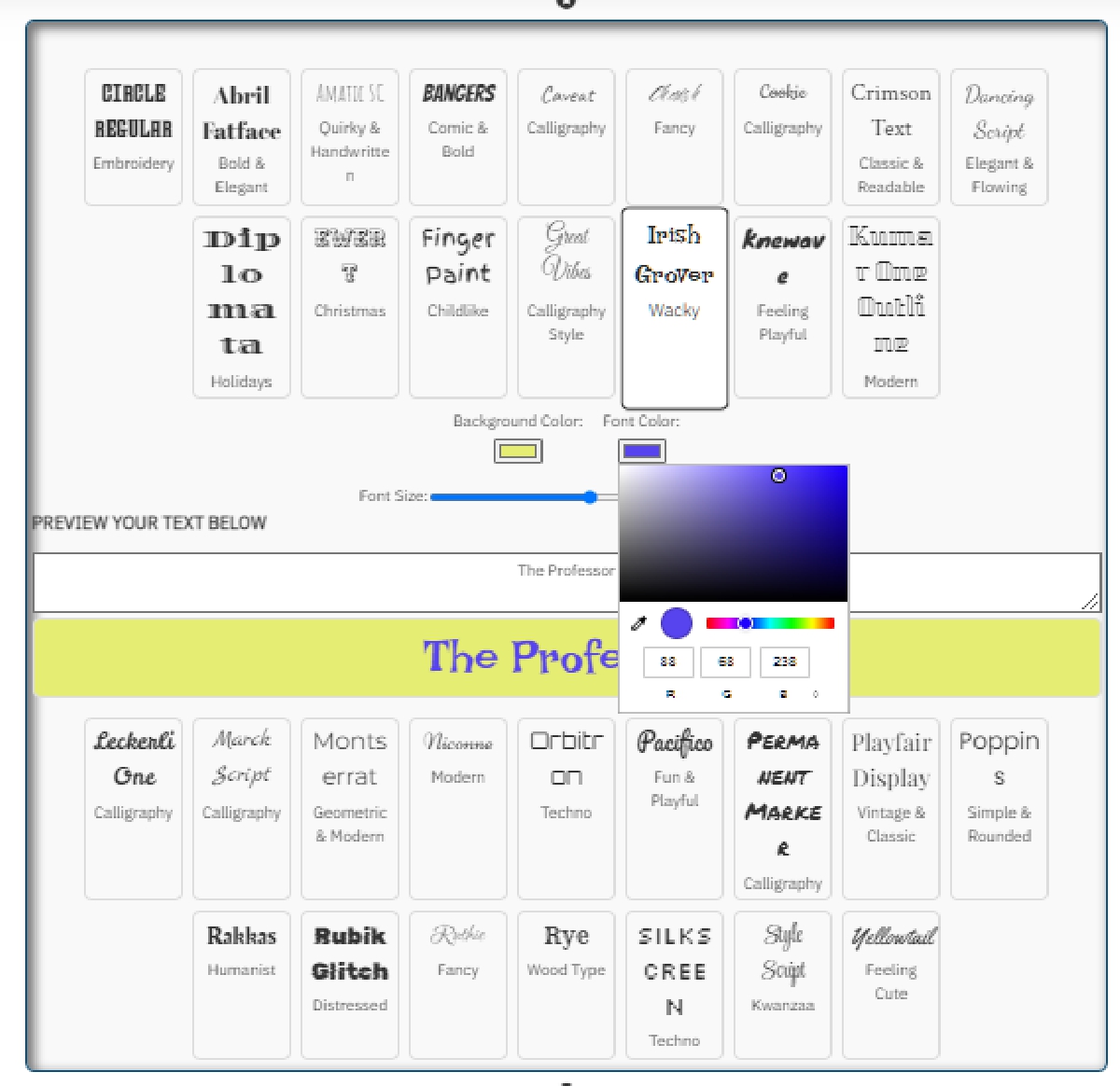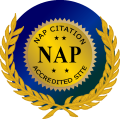Here's Your Backlinks
Backlinks are one of the most critical components of off-page SEO. In this comprehensive guide, we’ll explore what backlinks are, why they’re so important, how they function, and the benefits they offer to your website. We’ll also cover practical strategies for obtaining backlinks, including a sample email template for reciprocal link requests, tips on using your own domains effectively, and advice on managing low-quality links with disavow tools.

What Are Backlinks?
Backlinks, also known as inbound links or incoming links, are hyperlinks from one website that point to another. They serve as endorsements or votes of confidence from one site to another, telling search engines that your content is valuable and credible. In essence, when a reputable site links to your content, it’s as if they’re vouching for your authority on a given subject.
Key Terms:
- Backlinks
- Inbound Links
- Link Building
- Link Equity
- Off-Page SEO
The Importance of Backlinks
Boosting Search Engine Rankings
Search engines like Google use backlinks as one of their primary ranking factors. The more quality backlinks you have, the more likely your website will rank higher in search engine results pages (SERPs). This is because backlinks are interpreted as a sign that your content is valuable and trustworthy.
Enhancing Domain Authority (DA) & Page Authority (PA)
- Page Authority (PA): A similar metric, but it evaluates the strength of an individual page.
A robust backlink profile increases both DA and PA, which in turn contributes to overall improved site performance. Even links from low authority sites can add up and create a cumulative, positive knock-on effect—enhancing your site’s visibility and ranking.

Building Trust and Credibility
When other reputable sites link to your content, it not only boosts your SEO but also builds your brand's credibility. Users are more likely to trust your website when they see it referenced by other well-known domains.
Related Keywords:
- SEO
- Search Engine Optimization
- Link Juice
- Trust Signals
- Website Credibility
Backlink Functions and Benefits
Primary Functions
Referral Traffic:
Backlinks can drive targeted traffic from referring sites. When users click on a backlink, they’re directed to your website, potentially converting into customers or subscribers.Indexing:
Search engine crawlers use backlinks to discover new pages and content. A strong backlink profile ensures that your pages are found and indexed faster.Authority Building: Every quality backlink acts as a vote of confidence from another website. This not only enhances your SEO but also builds your authority in your niche.
Benefits
- Improved SERP Rankings: More backlinks generally translate to higher visibility.
- Increased Traffic: Quality referral traffic can lead to higher engagement and conversions.
- Enhanced Brand Visibility: Exposure on reputable sites can boost your brand’s recognition.
- Long-Term SEO Gains: A diversified backlink profile provides sustained benefits over time.
- Competitive Edge: Having a superior backlink profile can help you outrank competitors.
More Keywords:
- Reciprocal Backlinks
- Organic SEO
- Link Profile
- Ranking Factors

How to Obtain Quality Backlinks
Strategies to Build a Strong Backlink Profile
Content Marketing:
Create high-quality, shareable content that naturally attracts links from other sites.Guest Blogging:
Write valuable guest posts for reputable blogs in your niche, and include links back to your site.Outreach & Networking:
Build relationships with other website owners, influencers, and industry leaders to earn backlinks.Reciprocal Linking:
Engage in reciprocal linking by offering to link to sites in exchange for a backlink. This mutually beneficial approach can be particularly effective if both parties have relevant, high-quality content.Directory Submissions & Social Bookmarking:
Submit your site to reputable directories and bookmarking sites to gain additional exposure.Using Your Own Domains:
Leverage your own domains such as laughingprofessor.net, printingready.com, and your-own-url.com to create a network of links that support your main website.
Sample Email Request for a Reciprocal Backlink
When reaching out to other webmasters, a personalized, concise, and value-driven email can make all the difference. Below is a sample template for requesting a reciprocal backlink:
Subject: Let’s Help Each Other – Reciprocal Backlink Opportunity
Hi [Name],
I hope this email finds you well. My name is [Your Name] from [Your Website]. I’ve been following your content on [Their Website] and really appreciate your insights on [Relevant Topic].
I’m reaching out to explore a mutual opportunity. I recently published an in-depth article on [Topic/Subject] that I believe would resonate with your audience. I’d love to feature a link to your site on our platform, and I was wondering if you’d be interested in including a reciprocal backlink to our article on your site.
Here’s the link to our article: [Your Article URL]
I think this exchange could provide additional value to both our audiences by offering them more comprehensive insights on the topic.
Looking forward to hearing your thoughts.
Best regards,
[Your Full Name]
[Your Position]
[Your Contact Information]
[Your Website]
This approach highlights the mutual benefits and the quality of your content, making it more likely for the recipient to agree to the reciprocal link.
Utilizing Your Domains for Maximum Impact
If you manage multiple domains, you have a unique opportunity to create a strong internal linking network. Consider the following strategies:
Cross-Linking:
Regularly link between your domains (laughingprofessor.net, printingready.com, and your-own-url.com) to share link equity and boost the overall authority of each site.Niche Diversification:
Use each domain to target slightly different niches or aspects of your main industry. This not only broadens your audience but also diversifies your backlink profile.Content Syndication:
Repurpose high-quality content across your domains, ensuring each piece contains links to the original or complementary content on your other sites.
Disavowing Unwanted and Damaging Links
Even with the best strategies, not all backlinks are beneficial. Some low-quality or spammy backlinks can harm your SEO efforts. Fortunately, Google provides a tool called the Disavow Tool to help you manage these unwanted links.
Steps to Disavow Links
Audit Your Backlink Profile:
Use tools like Google Search Console, Ahrefs, or Moz to identify backlinks that may be harming your site's reputation.Create a Disavow File:
Compile a list of URLs or domains that you want to disavow. Ensure that this list is accurate, as disavowing quality links by mistake can negatively impact your SEO.Submit to Google:
Use the Google Disavow Tool to submit your disavow file. Google will then ignore these links when assessing your site.Monitor Your Profile:
Regularly review your backlink profile to identify any new harmful links and take action promptly.
Important Note:
Disavowing should be a last resort. Always attempt to remove unwanted links by contacting the webmaster first before using the Disavow Tool.
Keywords for this Section:
- Disavow Links
- Harmful Backlinks
- Spammy Links
- Link Audit
- Google Disavow Tool
Conclusion
Backlinks remain a cornerstone of effective SEO strategy. Their ability to boost search rankings, enhance domain authority, drive referral traffic, and build credibility cannot be overstated. Even if you accumulate low authority links over time, the overall impact can be highly beneficial, and you always have the option to disavow harmful ones later. By leveraging both organic outreach and your own domains—laughingprofessor.net, printingready.com, and your-own-url.com—you can create a robust and dynamic backlink profile that propels your website to new heights.
Investing time and effort in building and maintaining a healthy backlink profile is one of the most effective strategies for long-term online success. Happy linking!

 30 years of #TheProfessor
30 years of #TheProfessor

 12% rewards for affiliate members
12% rewards for affiliate members


